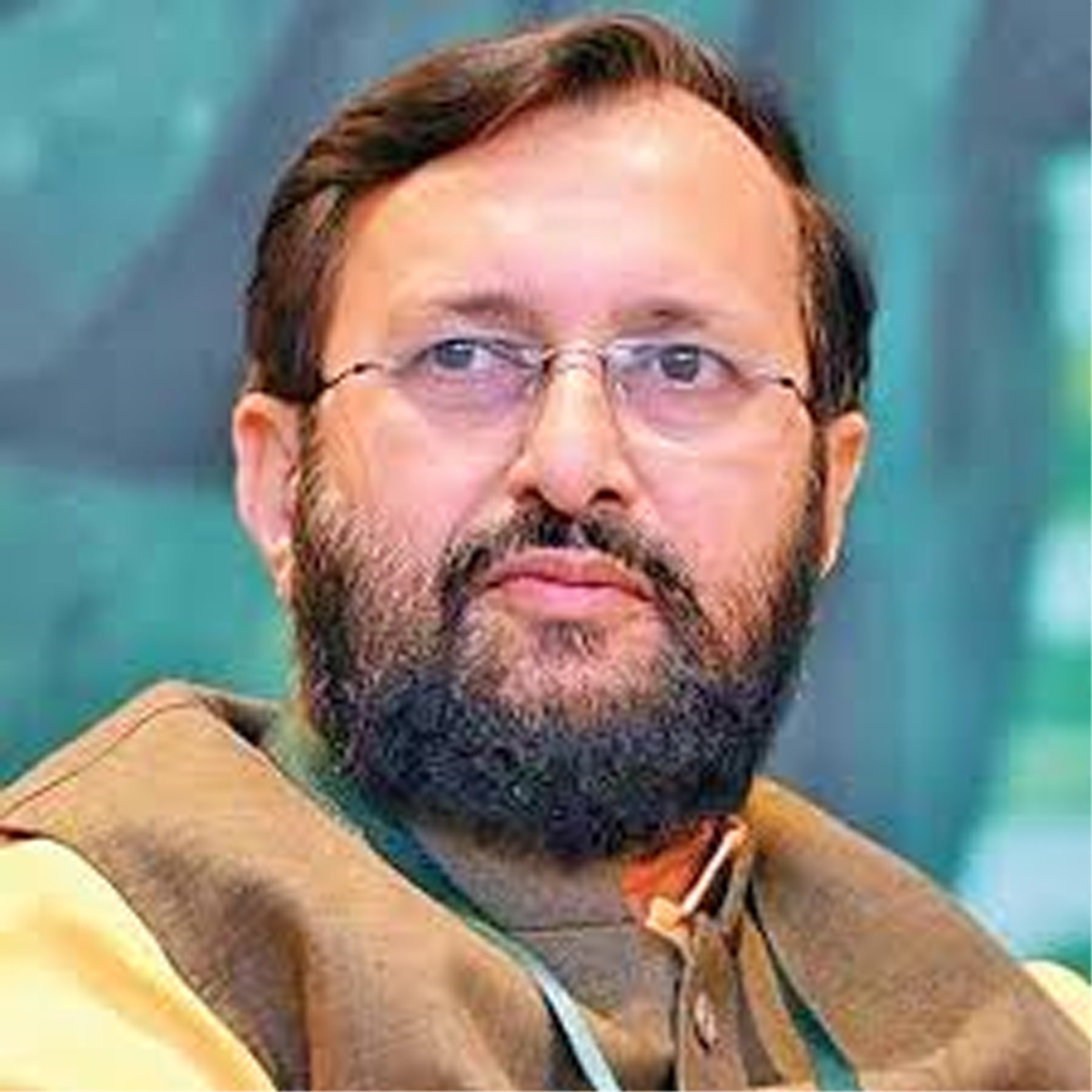CHENNAI, Aug 24:Union Minister for Environment, Forest and Climate Chance Prakash Javadekar on Saturday inaugurated the National Centre for Avian Ecotoxiology (NCAE) at the Salim Ali Centre for Ornithology and Natural History (SACON). An official release here said, NCAE would study the movement of environmental contaminants such as pesticides, heavy metals, polycyclic aromatic hydrocarbons, poly chlorinated biphenyls and drugs through food chain and their harmful effects on birds. SACON is a centre of excellence under Ministry of Environment, Forest and Climate Change, and has been conducting reach on various issues pertaining to conservation of birds in India for over two-and-a-half decades.
The centre would explore the impact of chemical contaminants on individual species of birds and, where possible, link them to population and communities.
Ecotoxicological studies assume significance at a stage when ecological factors were unable to explain continued mortality of birds leading to population decline over a period of time. In the recent past, the centre has documented the levels of contaminants in around 125 species of birds received from different parts of India, including Sarus Crane, Demoiselle Crane, Vulture, Peafowl, Pelican to name a few.
The release said analytical chemistry, being an integral part of ecotoxicological studies, warrants state-of-the-art analytical equipment to quantify and qualify the presence of elusive chemicals in different biological and non-biological matrices.
The Ministry through a project at an estimated cost of Rs four crores funded modernizing the facility at SACON to handle the challenges posed by the continued entry of newer chemicals into the environment.
While there may be analytical facility available elsewhere in India, to deal with environmental contamination, SACON was the only institute which does ecotoxicological research, focusing on birds.
The modernized facility at SACON is equipped with sophisticated instruments, like High Performance Liquid Chromatograph-Mass Spectrometer (LC-MS/MS), High Performance Liquid Chromatograph (HPLC), Gas Chromatograph-Mass Spectrometer (GC-MS/MS), Gas Chromatograph (GC), Inductively Coupled Plasma Mass Spectrometer (ICP-MS), Atomic Absorption Spectrometer (AAS) and UV/Visible Spectrometer.
These equipment will help in estimating the levels of an array of chemicals such as pesticides, heavy metals and even drugs that cause harm to birds and their environment and the output will help the Government in framing policies towards protecting not only birds, but also other life forms. (UNI)
Trending Now
E-Paper


